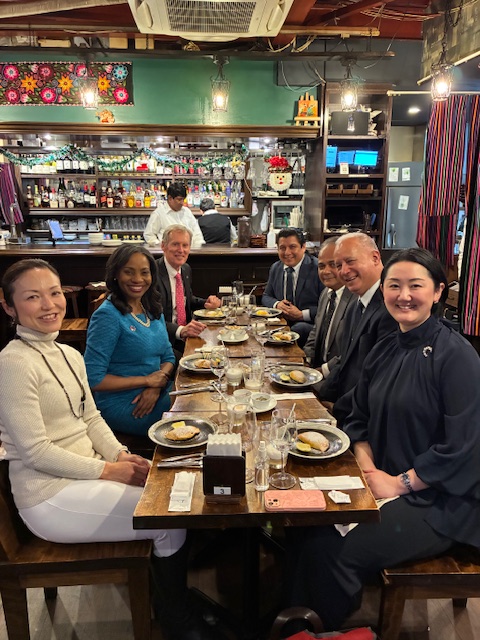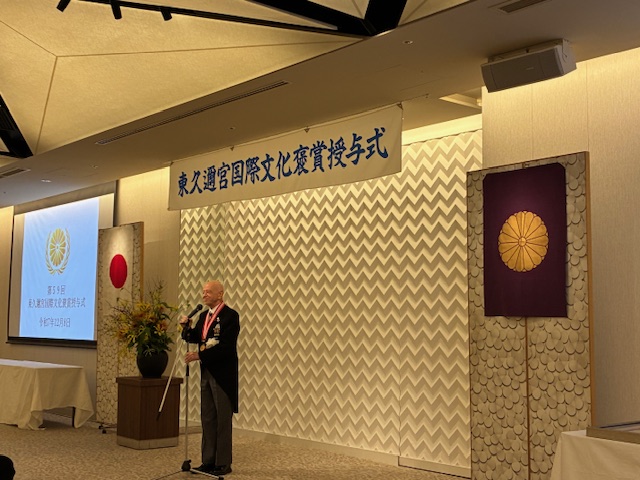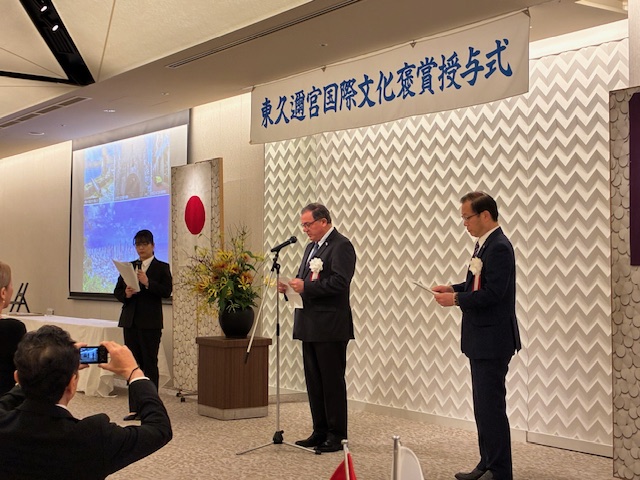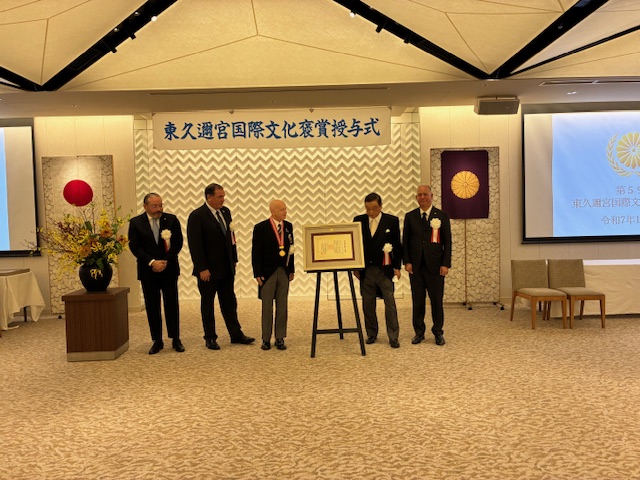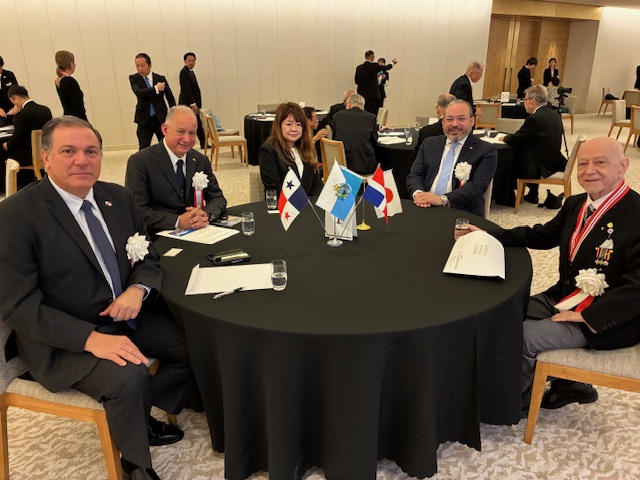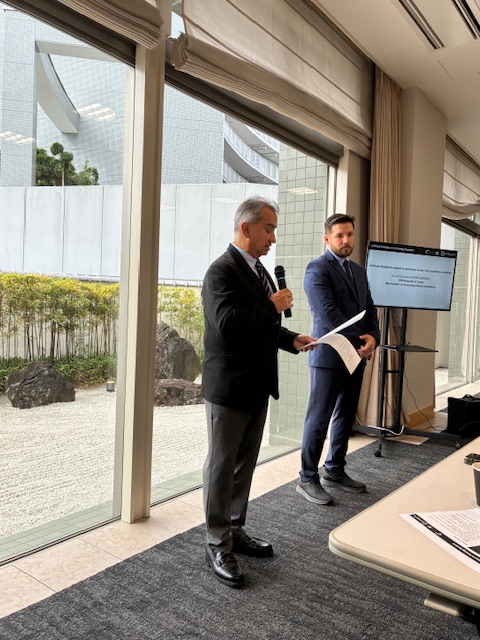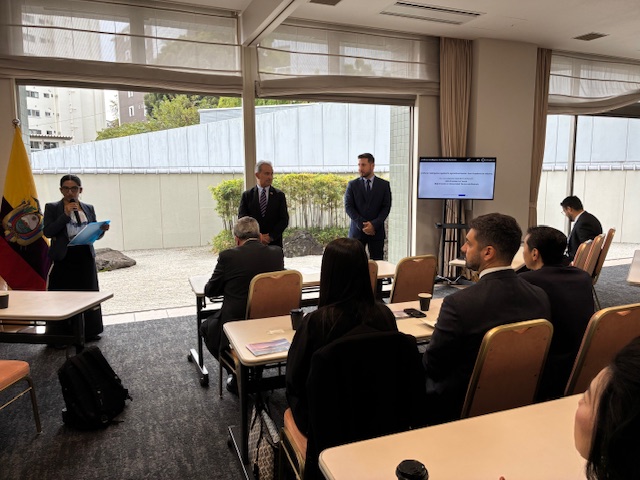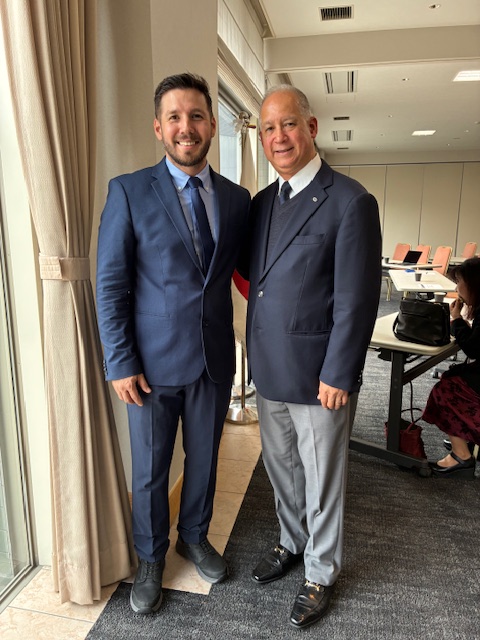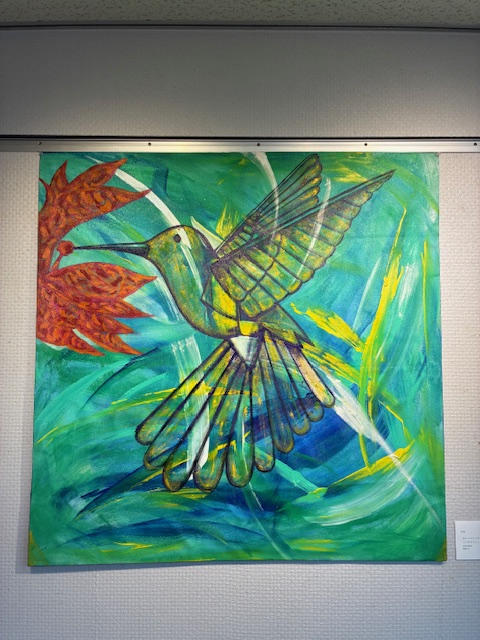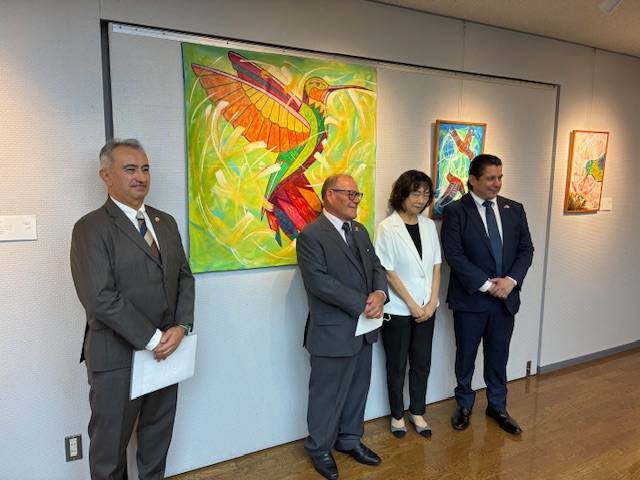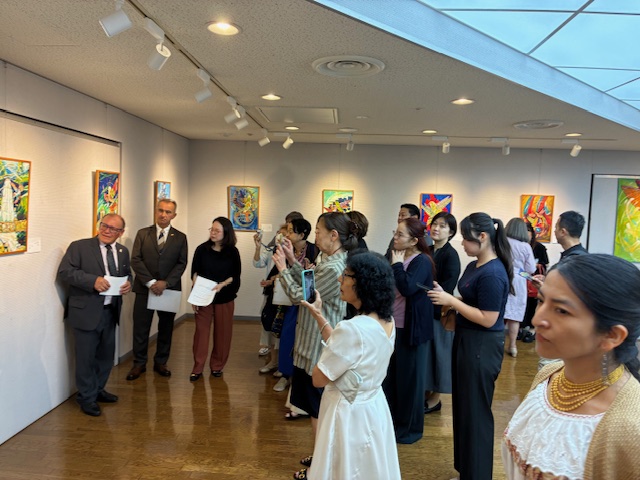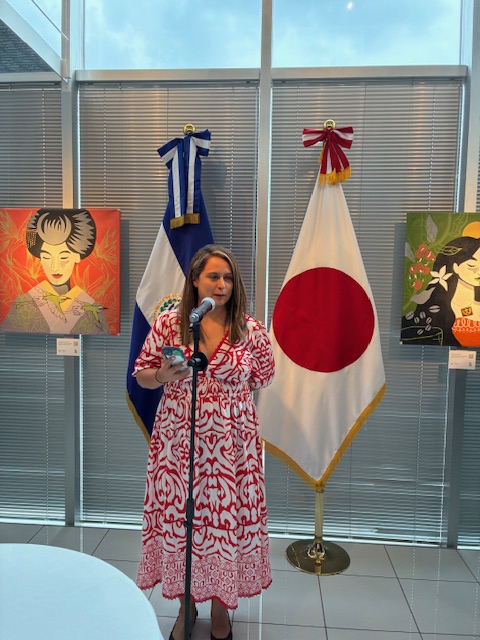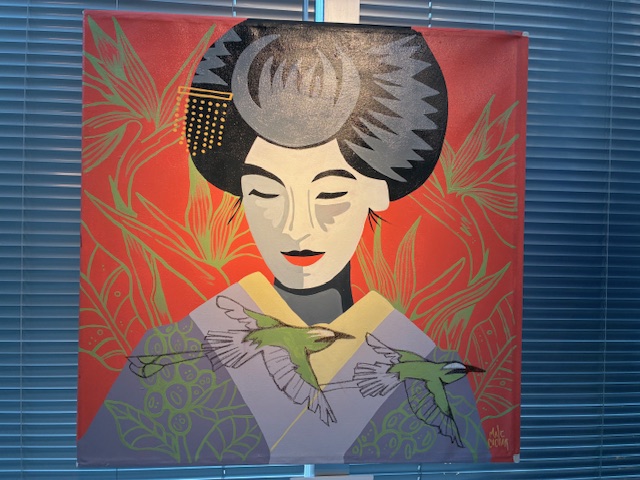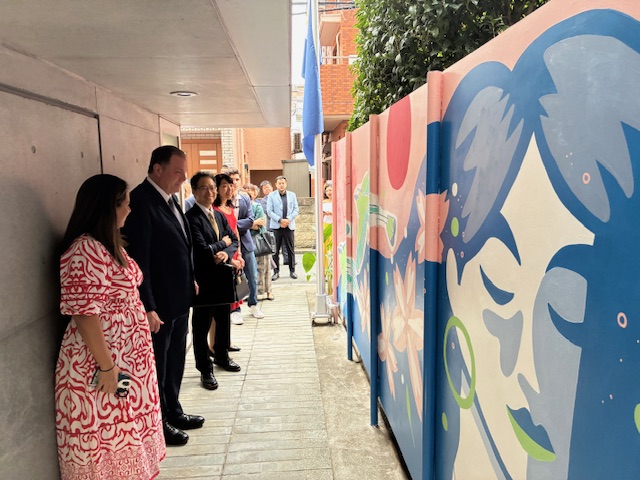On December 1, JAPOLAC hosted a farewell dinner in honor of Her Excellency Shorna-Kay Richards, Ambassador of Jamaica to Japan, in recognition of her friendship and steadfast support for the association’s activities.
During her tenure, Ambassador Richards actively supported a wide range of JAPOLAC initiatives, including “Rhythms of the Caribbean,” an event dedicated to showcasing the rich cultural heritage of Jamaica.
In addition, under the leadership of Ambassador Richards, JAPOLAC organized two Short Online Programs between the University of Technology of Jamaica and Chiba University. These programs offered a multidisciplinary curriculum that introduced Japanese students to Jamaica’s history, culture, energy sector, environmental challenges, and contemporary social issues, while also incorporating interactive cultural exchange sessions with Jamaican students.
At the dinner, Dr. Ritter Díaz, Representative Director of JAPOLAC, expressed his deep appreciation to Ambassador Richards for her unwavering support of the association’s activities and initiatives.
The dinner was attended by JAPOLAC directors, who gathered to celebrate Ambassador Richards’ meaningful contributions to fostering closer ties between Japan and Jamaica.
Overall, the farewell dinner served as a heartfelt expression of JAPOLAC’s sincere gratitude for Ambassador Richards’ commitment to supporting the association’s work and enhancing the visibility of Latin America and the Caribbean in Japan.
